Are you considering adopting sugar gliders? These little guys are becoming quite popular, and it isn’t hard to see why: they’re both super cute and lots of fun! Like any other animal, sugar gliders need proper nutrition to thrive. In fact, poor nutrition is the main culprit behind a lot of sugar gliders’ health issues. A Wichita, KS vet discusses feeding your flying furballs below.
Basics
In the wild, sugar gliders tend to feast on eucalyptus and acacia trees. They also consume pollen, nectar, sugary sap, honeydew, and, of course, bugs. Their diets will change seasonally, as different options become available. In general, your pet’s diet should be roughly divided into three. One third should be commercial pellets, another third would be from nectar or sap glider-safe products, and the last would consist of insects, vitamins, and produce. Ask your vet for recommendations on portion sizes.
Feeding Options
Gliders are nocturnal, so they tend to prefer supper to breakfast. You may want to feed your little buddies their main meal at night. Of course, your pets should always have both kibble and clean water available.
Dinnerware
Gliders may be cute, but their table manners are lacking. You may find it best to serve them in a tray, shoebox, or plate, which you can then remove for cleaning.
Treats
Like the rest of our patients, these guys love treats. Some good options here are insects, like mealworms and Dubia roaches; dried fruit; eucalyptus sticks; and unsweetened apple sauce or juice. Yogurt drops are also very popular with these guys. Just don’t go overboard with sugary foods. Ask your vet for more information on offering treats.
Dangerous Foods
Given the option, sugar gliders will often eat anything and everything they can get their tiny hands on. It’s important to know what foods are safe and what you should avoid offering your adorable pet. Some things on the no-no list include chocolate, dairy products, seeds, bread, canned foods, and anything that was treated with pesticides. Rhubarb, avocado, garlic, onions, peas, and turnips should also be avoided. Foods that are high in calcium and/or oxalates, such as spinach and beets, can also cause problems. Keep in mind that you may find conflicting information, so it’s important to get specific advice from your vet.
Do you want to learn more about sugar gliders? Contact us, your Wichita, KS animal clinic, today!
